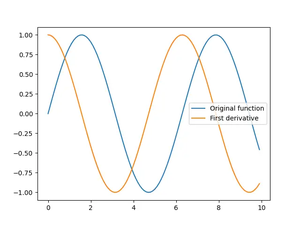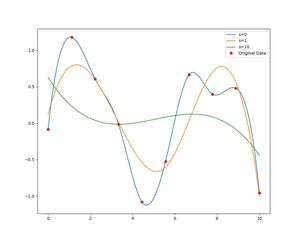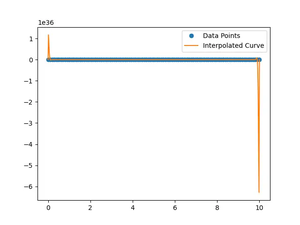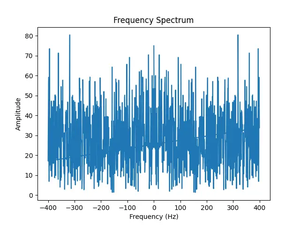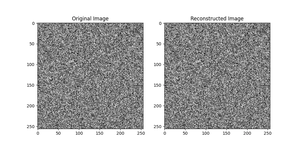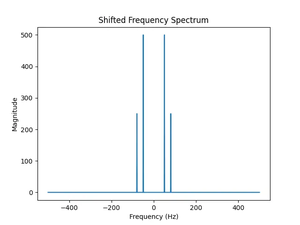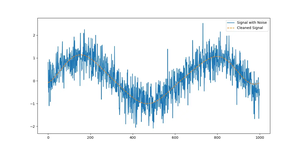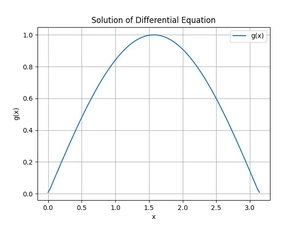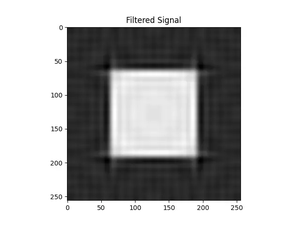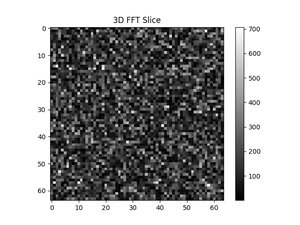Introduction
Random number generation is a fundamental part of many computational tasks – from simulations and modeling to machine learning algorithms. Python’s NumPy library is equipped with a powerful set of functions dedicated to generating random numbers, and understanding how to use these can greatly enhance your programming capabilities. In this tutorial, we’ll learn how to leverage NumPy’s random module to create random data.
NumPy is an optimal choice for random number generation due to its efficiency and ease of use. To get started using the random module in NumPy, you first need to make sure you have NumPy installed. You can do this using pip:
pip install numpy
Once NumPy is installed, you’re ready to dive into random number generation.
Basic Random Number Generation
Let’s start with the basics – generating a simple random float.
import numpy as np
random_float = np.random.rand()
print(random_float)
Every time you run this code, np.random.rand() will output a different number between 0 and 1.
For multiple random floats, you can pass dimensions to rand():
random_floats = np.random.rand(3)
print(random_floats)
To generate a 2D array of random floats:
random_2d_array = np.random.rand(4, 2)
print(random_2d_array)
Generating Random Integers
Now, let’s look at how to generate random integers using np.random.randint(). The following code snippet generates a single integer between 0 and 10:
random_int = np.random.randint(0, 10)
print(random_int)
To generate an array of random integers, use:
random_ints = np.random.randint(0, 10, size=5)
print(random_ints)
For a 2D array of random integers:
random_2d_ints = np.random.randint(0, 10, size=(3, 3))
print(random_2d_ints)
Seeding for Reproducibility
Reproducibility is vital in many fields, and in random number generation, this is achieved through ‘seeds’. These make random number sequences predictable. Here’s how you can use a seed with NumPy:
np.random.seed(42)
seeded_random = np.random.rand()
print(seeded_random)
If you run the above code multiple times, the generated number will always be the same because the random function is now ‘seeded’.
Producing Normalized (Gaussian) Random Data
Generating normalized data, which follows a Gaussian distribution, can be done with np.random.randn():
gaussian_random = np.random.randn()
print(gaussian_random)
An array of Gaussian random variables can be created just like with rand():
gaussian_randoms = np.random.randn(4)
print(gaussian_randoms)
You can also specify multiple dimensions:
gaussian_2d = np.random.randn(4, 4)
print(gaussian_2d)
Random Sampling from a Given Array
Sometimes you might want to randomly sample from a given set of numbers. Use np.random.choice() to do so.
array = np.array([1, 2, 3, 4, 5])
random_sample = np.random.choice(array)
print(random_sample)
It is possible to generate multiple samples, and you can decide whether these samples are returned with or without replacement using the replace argument:
multiple_samples = np.random.choice(array, size=3, replace=False)
print(multiple_samples)
Note: replace=False ensures that each selected number is only chosen once.
Advanced Random Number Generation
NumPy also supports generating random values from various statistical distributions like binomial, Poisson, and uniform, to name a few. Here’s a quick run through these advanced functions:
binomial_randoms = np.random.binomial(n=10, p=0.5, size=10)
print(binomial_randoms)
poisson_randoms = np.random.poisson(lam=3, size=10)
print(poisson_randoms)
uniform_randoms = np.random.uniform(low=0, high=100, size=10)
print(uniform_randoms)
Each np.random function here takes parameters specific to the statistical distribution it represents.
Conclusion
In conclusion, NumPy’s random module is a robust and powerful toolkit for generating random numbers across a variety of distributions and use cases. Whether you need a single random float for a quick calculation or complex sampling for a scientific simulation, NumPy has the capability to deliver fast and reliable results.
